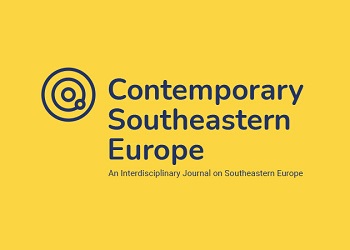Power Sharing Courts
Power Sharing Courts
Author(s): Stefan GraziadeiSubject(s): Law, Constitution, Jurisprudence, Governance, Comparative politics
Published by: Universität Graz
Keywords: power sharing;constitutional courts;comparative politics and law;Bosnia and Herzegovina;Belgium;
Summary/Abstract: In this paper, I introduce a novel concept, the one of power sharing courts.Scholars of judicial politics look at the reasons behind judicial selection and the patterns of decision making within courts through the lens of ideology (left-right). However, the resulting fertile scholarly analysis has not been extended to divided societies, where the main cleavages are not partisan but ethno-national. In these societies, the liberal model of selecting judges and taking decisions within an apex court is often corrected to specifically include politically salient ascriptive cleavages(such as ethnicity/nationality/language/religion). The main thrust of my argument is that there is a model of selecting judges, taking decisions and sharing posts of influence within apex courts in divided societies that has not yet been conceptually captured: power sharing courts. In analogy to consociationalism in the political system, power sharing in the judiciary aims to solve salient inter-community conflicts by including all relevant groups in these bodies on a basis of parity or proportionality. The paper is of equal interest to scholars of constitutional courts, consociationalists,comparatists, as well as country specialists.
Journal: Contemporary Southeastern Europe
- Issue Year: 3/2016
- Issue No: 1
- Page Range: 66-105
- Page Count: 40
- Language: English

